Crazy Love
ALSO BY LESLIE MORGAN STEINER
Mommy Wars: Stay-at-Home and Career Moms
Face Off on Their Choices, Their Lives, Their Families
Crazy Love

A MEMOIR

Leslie Morgan Steiner
St. Martins Press New York
New York
CRAZY LOVE . Copyright 2009 by Leslie Morgan Steiner.
All rights reserved. Printed in the United States of
America. For information, address St. Martins Press,
175 Fifth Avenue, New York, N.Y. 10010.
www.stmartins.com
Library of Congress Cataloging-in-Publication Data
Steiner, Leslie Morgan.
Crazy love : a memoir / by Leslie Morgan Steiner.
p. cm.
ISBN-13: 978-0-312-37745-8 (alk. paper)
ISBN-10: 0-312-37745-2 (alk. paper)
1. Steiner, Leslie Morgan. 2. Abused wivesUnited StatesBiography. 3. Abused womenUnited StatesCase studies. 4. Family violenceUnited States.
I. Title.
HV6626.2.S737 2008
362.8292092dc22
[B]
2008034018
First Edition: April 2009
10 9 8 7 6 5 4 3 2 1

Crazy Love is a personal history. The events described in this book are real, backed up by police reports, restraining order documentation, family court, and other legal records. Many names, except for my own, as well as several geographic, chronologic, and identifying details, have been changed for the usual reasons of privacy and security. A few characters have been omitted and combined; the character of Winnie represents an amalgam of important friends.

To my husband, for understanding why I needed
to write this book
For Elin, who knew
In memory of Marilyn
For my mother, who was always there

IF YOU AND I MET AT ONE OF OUR CHILDRENS birthday parties, in the hallway at work, or at a neighbors barbecue, youd never guess my secret: that as a young woman I fell in love with and married a man who beat me regularly and nearly killed me.
I dont look the part. I have an M.B.A. and an undergraduate degree from Ivy League schools. I live in a redbrick house on a tree-lined street in one of the prettiest neighborhoods in Washington, D.C. Ive got fifteen years of marketing experience at Fortune 500 companies and a bestselling book about motherhood to my name. A smart, loyal husband with a sexy gap in his front teeth, a softie who puts out food for the stray kittens in our alley. Three rambunctious, well-loved children. A dog and three cats of our own. Everyone in my family is blond (the people, at least).
Ah, if only being well-educated and blond and coming from a good family were enough to defang all of lifes demons.
If I were brave enough the first time I met you, Id try to share what torture it is to fall in love with a good man who cannot leave a violent past behind. Id tell you why I stayed for years, and how I finally confronted someone whose love I valued almost more than my own life. Then maybe the next time you came across a woman in an abusive relationship, instead of asking why anyone stays with a man who beats her, youd have the empathy and courage to help her on her way.
We all have secrets we dont reveal the first time we cross paths with others. This is mine.

Book
One

I MET CONOR ON THE NEW YORK CITY SUBWAY , heading downtown, twenty years ago. I was twenty-two. I remember it like yesterday.

The window in Kathys office was the only daylight I could see from my presswood desk in the hallway. I snuck a look. My ugly orange swivel chair squeaked.
It was a chilly, gray Monday afternoon in mid-January. The Midtown Manhattan skyscrapers were slick and dark with rain.
First thing that morning, Kathyhead of the articles department at Seventeen and the first boss Id had in my lifeheld a meeting to dole out assignments for May. Then I interviewed a fidgety twelve-year-old Russian model who looked twenty-nine with makeup on. After that I ran out in the rain for lunch with the wacky British astrologer who wrote Seventeens monthly horoscope column.
Id graduated from college the spring before on a day when Harvard Yard looked like the opening scene from a big-budget movie. Sun-dappled spring grass. My mom happy-drunk in a striped Vittadini wrap dress. My dad so proud I thought his face would split open, beaming as only a poor Oklahoma boy with a daughter graduating from Harvard could.
The day so lovely I wanted to hold it forever in my hands.
Working at Seventeen was better than eating a Baskin-Robbins sundae. We read magazines all morning and talked about sticky teenaged paradigms on the clock. In the afternoons we raided the fashion closeta huge room where the fashion editor kept designer samples that transformed gawky teenage ostriches into goddesses. I hated the few times Id gotten sick and had to miss a day.
Outside Seventeen I roamed New York City as if it were my new backyard. Dinners at the Yaffa Caf and Bombay Kitchen. Hours dancing with my roommate at Danceteria or Limelight. Even the most mundane activitiesfolding clothes at the fluorescent-lit Laundromat across Eighth Avenue, jogging through the Meatpacking Districtbecame adventures.
But it was tricky getting the whole work thing down. Putting on panty hose like a uniform. No runs, my frantic morning mantra. Getting on the E train instead of the express to Harlem. Figuring out how to eat when my paycheck ran out six days before the next one was due.
Everything seemed so new.
I wrote and rewrote that afternoon at my desk in the hallway as the rain poured down outside Kathys window. Every girl in America read Seventeen at some age. Nearly four million girls devoured each issue; some favorites became like bibles for girls who had only a magazine to turn to for advice.
I should know.
Every day, often with little support or guidance, a teenage girl tackled staggering dilemmas. If your boyfriend offered drugs, did you do them? Did buying birth control make you a slut? Where did you get birth control at sixteen, anyway? What if your best friend drove drunk with you riding shotgun? Your stepfather came on to you? Your parents got divorced? Your mom got cancer?
My piece was slated for March, meaning I had to finish it by... Friday.
Almost done? Kathy barked as she whizzed by in her black patent-leather boots with three-inch heels. I jumped off my chair.
The story itself asked a simple enough question: Why do teenagers run away from home? But after poring over government statistics and interviewing social workers, psychiatrists, and the four runaways who would actually talk to me, Id come to an awful understanding.
Of the estimated 1.5 million teenagers who hit the streets each year, the majority bolted because they thought any situation would be better than home.
Of those teenagers, 25 percent came from families with alcohol or drug abuse.


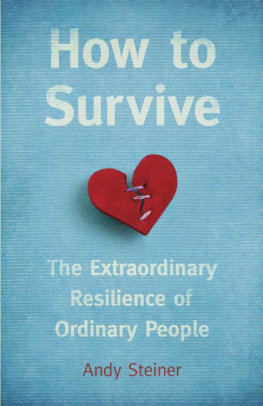


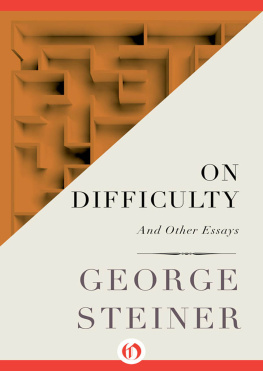
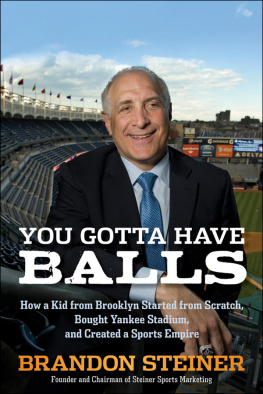

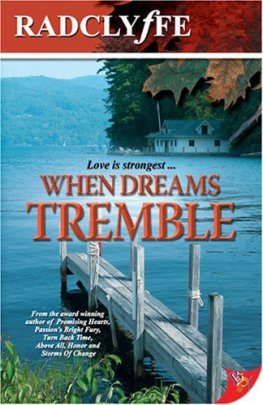
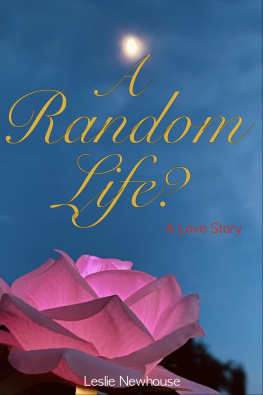
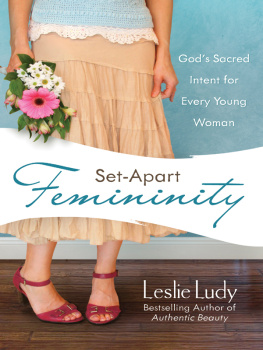
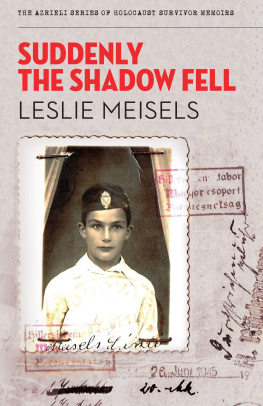

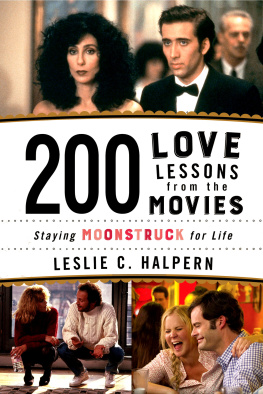
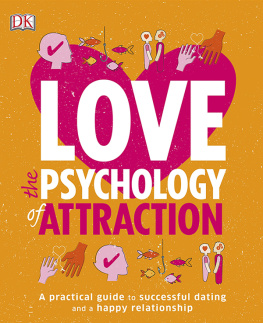

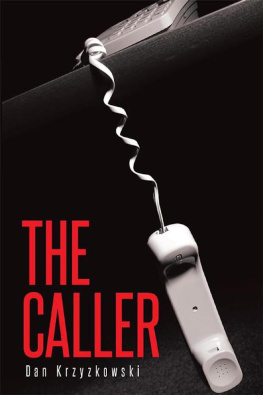
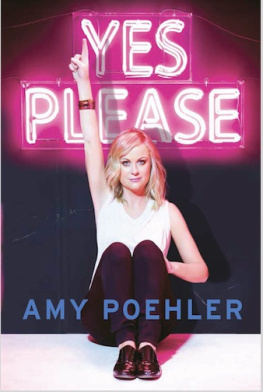
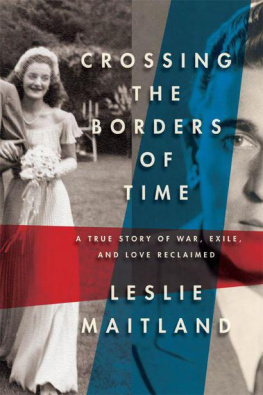
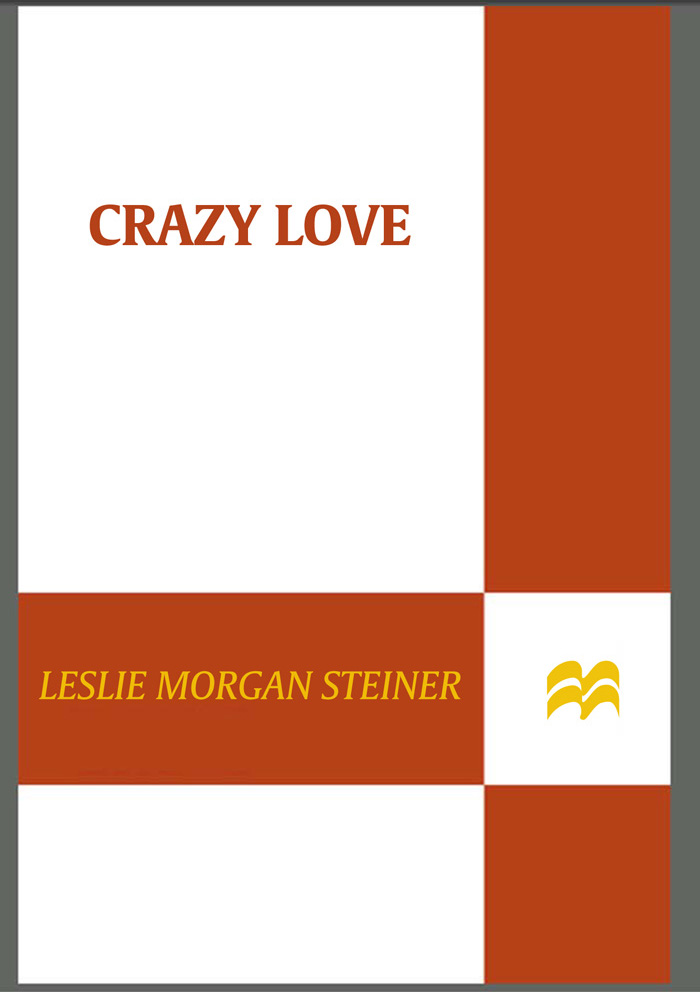

 New York
New York